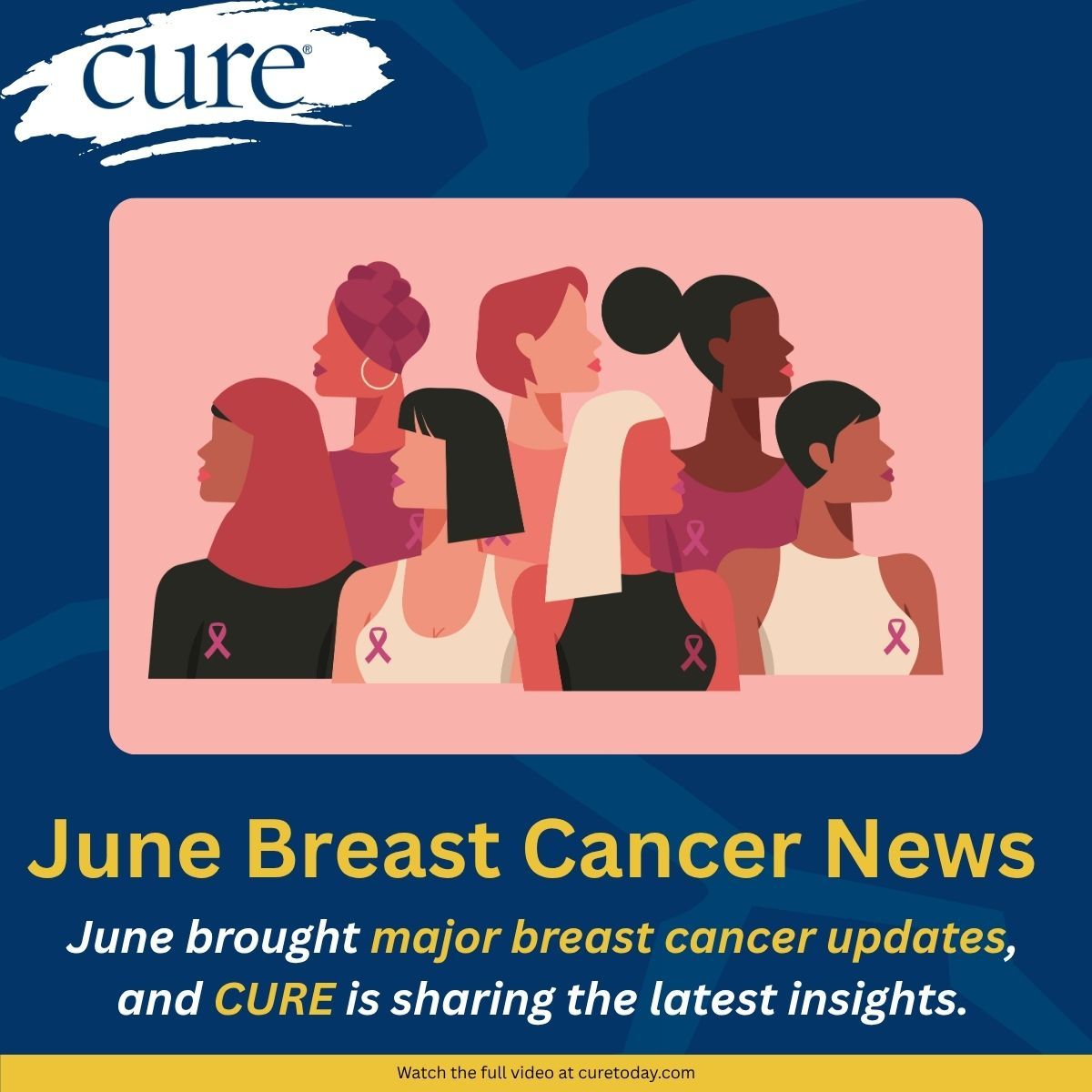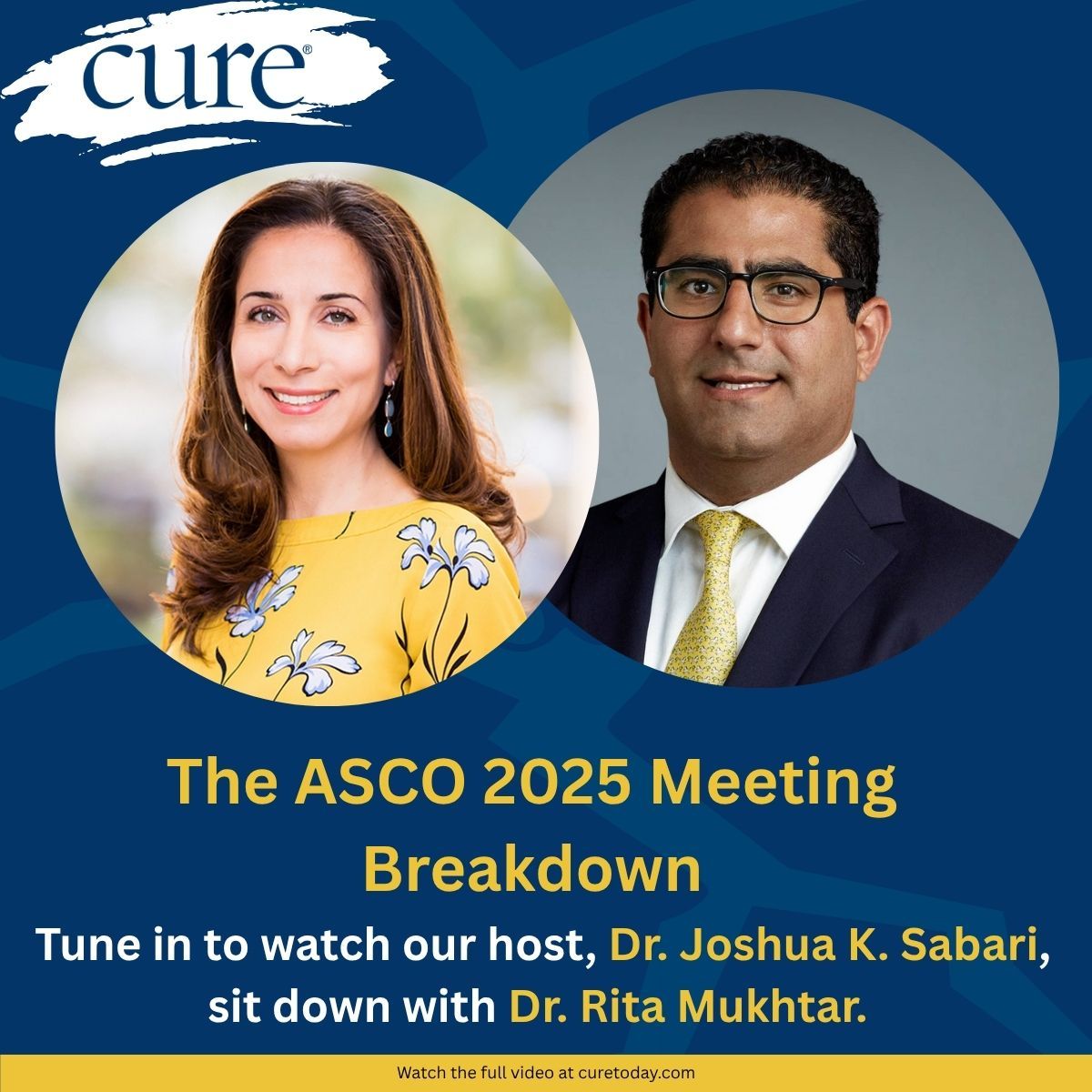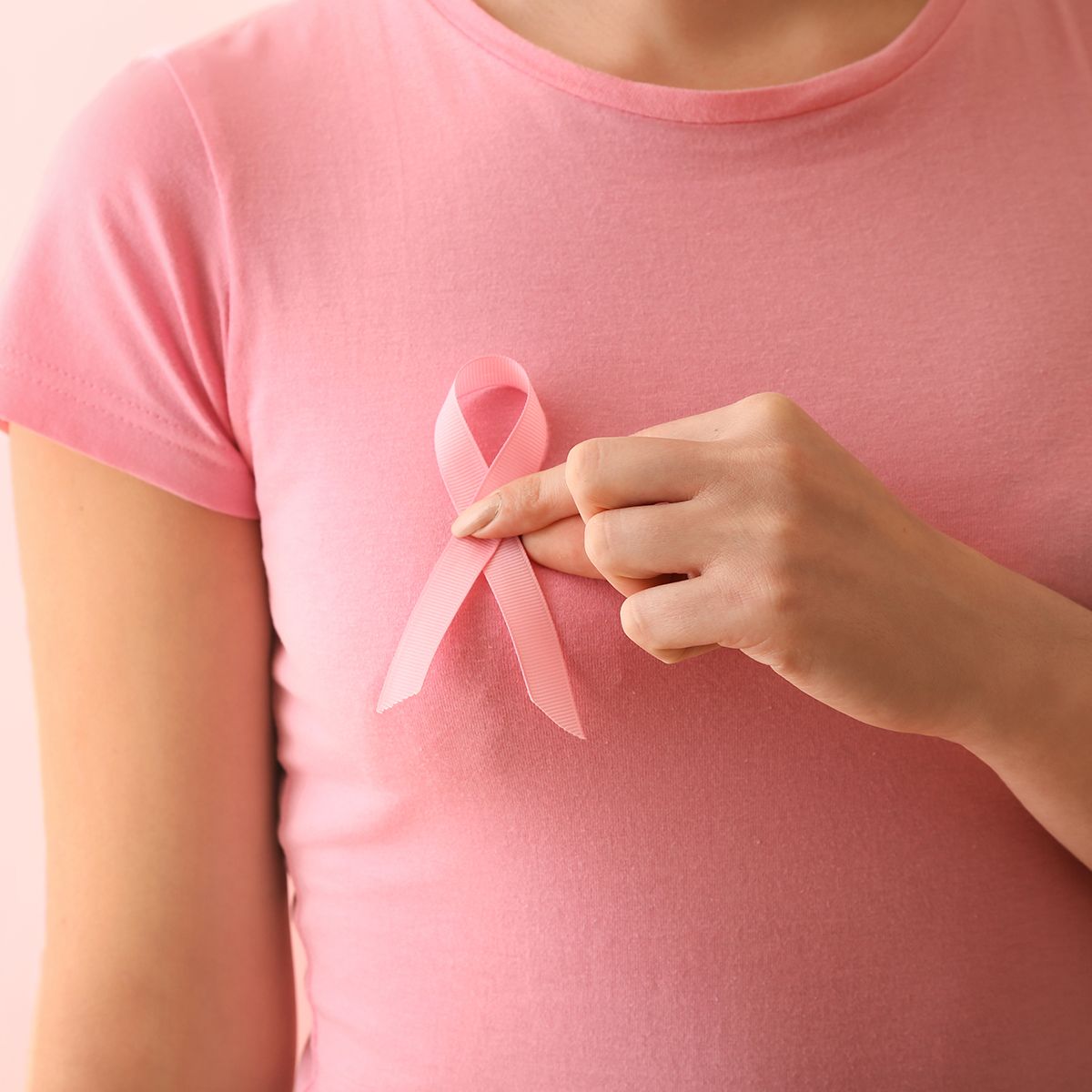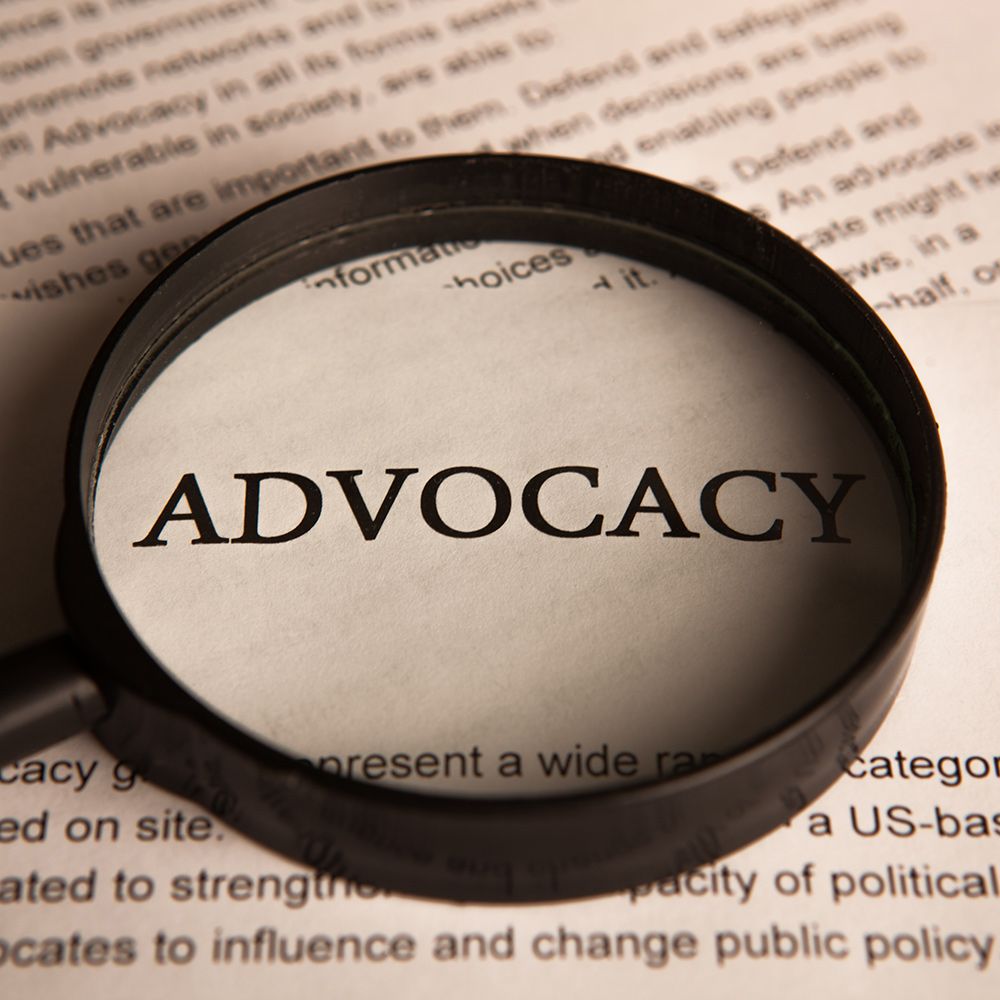News
Article
Increased Risk of Breast Cancer Seen After Childhood Cancer Treatment
Author(s):
Women who were previously treated for cancer during childhood with specific chemotherapy have a higher chance of becoming diagnosed with breast cancer.

Women who received a certain type of chemotherapy during childhood for cancer treatment are at a higher risk of developing breast cancer, according to a study from the Princess Máxima Center for pediatric oncology, which was published in Nature Medicine.
These results showed that early breast cancer screening needs to be available to women who were treated by chemotherapy and radiation throughout childhood.
Children and adults who received childhood treatment were assigned to the LATER outpatient clinic of the Princess Máxima Center, where they were evaluated for long-term effects of cancer treatment and the risk of developing a second cancer.
Results in the study showed that 782 of 17,903 survivors were later diagnosed with breast cancer. Alongside this, forms of treatment that were later linked to the diagnosis of breast cancer were analyzed.
Within the study, the risk of breast cancer in women who were previously treated for cancer during childhood with anthracycline chemotherapy, doxorubicin included, was investigated. A total of 17,903 medical records of childhood cancer survivors were evaluated between 1946 and 2012 within France, Switzerland and the United States.
Findings showed that high-dose doxorubicin treatment, with no radiation to the chest, led to a six-time greater risk of becoming diagnosed with breast cancer before the age of 40 (3.4%) compared to women in the general population without a history of childhood cancer (0.6%). Women who received radiation and doxorubicin during childhood had an even higher risk of breast cancer as well (8.1%).
While the majority of children survive a pediatric cancer diagnosis, treatment such as surgery, chemotherapy and radiation come with serious side effects, such as the development of a secondary cancer.
“We work hard to make treatment for children with cancer more effective, and to improve the quality of life during and after treatment. In our research we saw that the majority of survivors fortunately do not get breast cancer at a young age. But a number of patient groups have a higher risk of developing breast cancer. Women who received chest radiotherapy as a child are screened for breast cancer from the age of 25, because it was already known that they are at an increased risk. Based on these new results, we aim to expand international guidelines forbreast cancer screening, so that women who received a high dose of doxorubicin are also screened early,” Dr Leontien Kremer, research group leader at the Princess Máxima Center for pediatric oncology, who led the study, explained in the press release.
After results were revealed from the trial, the researchers hope that guidelines will expand for breast cancer screenings within childhood cancer survivors.
“Anthracyclines are still an important part of the treatment for more than half of children with cancer. The dose that is now prescribed is on average much lower than in the past, but there are still children who need a high dose of these drugs in their treatment,” Yuehan Wang, a member of the Kremer group at the Princess Máxima Center for pediatric oncology who worked on the study as part of her PhD research, said in the release. “We have known for some time that anthracyclines can be harmful to the heart, so the importance of keeping the dose of this type of chemotherapy low was already clear. Developing a second cancer is a rare but serious late effect of childhood cancer treatment. Our results underline the need to reduce the dose of doxorubicin in children whenever possible.”
For more news on cancer updates, research and education, don’t forget to subscribe to CURE®’s newsletters here.




